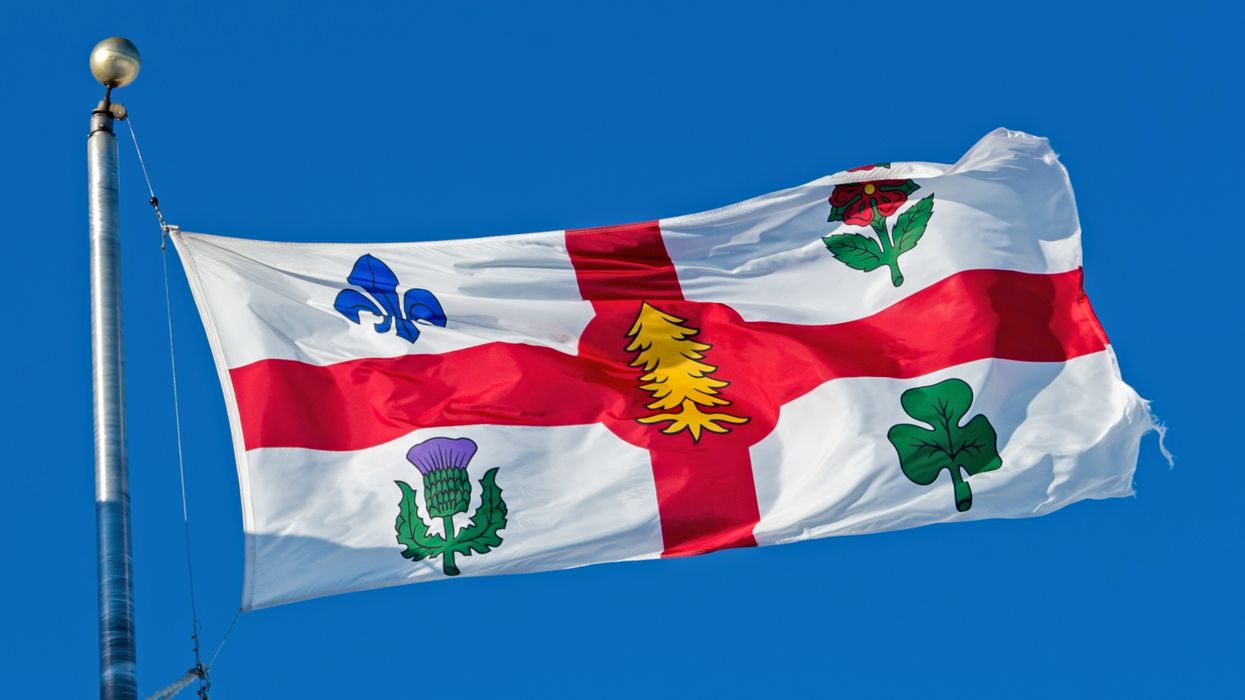Montreal Indigenous Activist Shares What's Missing From The Current Conversation
In Canada, June is National Indigenous History Month (NIHM). And every year, on June 21, the official National Indigenous People's Day (NIPD) is celebrated. With this in mind, we got in touch with one of Montreal's most influential Indigenous activists, Nakuset, to find out more about the often unspoken history in both this city, this province and Canada at large.
The term Indigenous peoples refer to not a singular identity, but a collective name of the various groups, each with their own culture, dialect and heritage.
Here in Quebec, there are 11 nations and 55 communities.
Indigenous people of North America have experienced the horrors of colonialism, systemic racism, and cultural genocide.
During the "Sixties Scoop" throughout the '50s and '60s, the government stripped Indigenous children from their families and put them into middle-class Euro-Canadian families. This project was called AIM: Adopt an Indian or Métis.
Nakuset was part of the Sixties Scoop and adopted into a Montreal family, who tried to hide her Cree heritage and identity from her. At 18, she left home and was able to claim her Indian Status.
She went on to rediscover her Cree culture and find her biological family.
She is now director of the Montreal Native Women's Shelter.
And, she also co-founded the new shelter at Cabot Square, Resilience Montreal, focusing the homeless Indigenous community, offering food and shelter services like legal and addictions counselling, and advocating against police brutality.
We got the chance to speak to Nakuset about NIHM and the challenges that the Indigenous communities continue to face today.
"There's not really a lot of awareness. Most people don't even know when NIPD is. They don't even know about the Sixties Scoop, even though that was a government assimilation policy."
When asked her about her feelings towards NIHM, she reflected and said, "Will society even welcome a month of Indigenous knowledge?"
We then had a frank conversation about education and what is missing from the curriculum.
"I don't know of any schools that acknowledge NIHM. If elementary and high schools aren't teaching this history and acknowledging our people, where are people actually learning it?"
She explained it as if the whole of Quebec was still playing "catch-up."
"There are so many negative images of us. That's why I truly believe the education piece is huge."
Looking forward, she hopes that leaders are going to take action and enable all of the recommendations from the Viens Report, a commission in Quebec about the government's treatment of the Indigenous people.
"When you see a homeless Indigenous person on the street, instead of rolling your eyes, why not smile?" Nakuset asked.
"I want people to know that we are a proud people, with a varied and beautiful culture. Don't just romanticize us or vilify us. Go out and actually learn about us."

